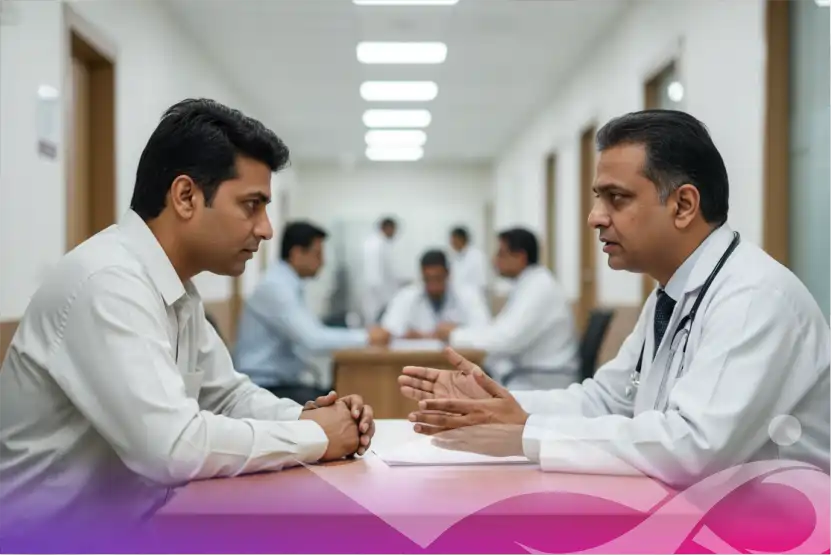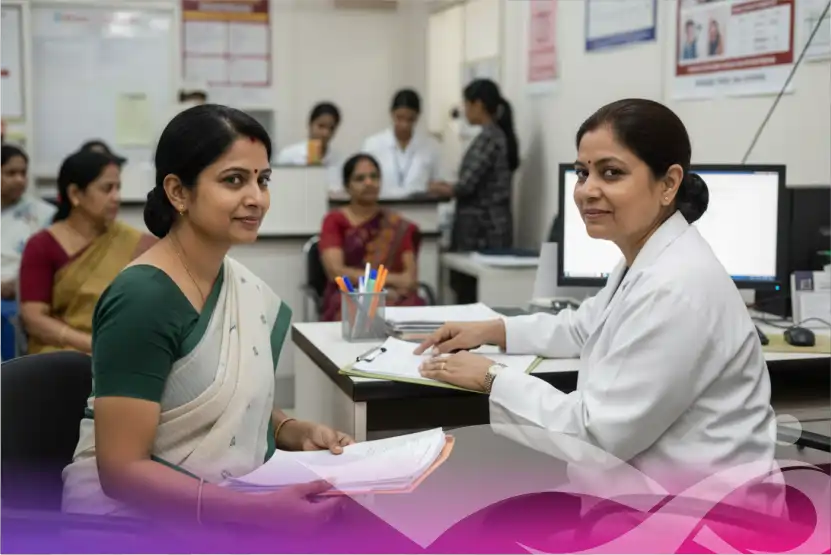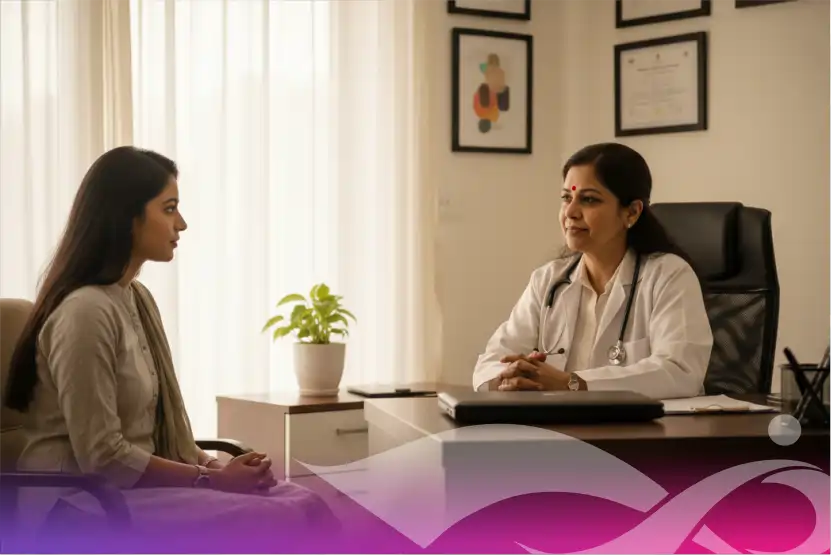Introduction
Vulvar cancer is not often spoken about. Many women don’t even know it exists until they sit in a clinic, scared and confused. In OPDs, we hear lines like, “Doctor, I thought it was just itching. I never thought it could be cancer.” That’s the biggest challenge lack of awareness. Unlike cervical or uterine cancer, vulvar cancer is rare, but it is real. Knowing how it shows up, and what Vulvar Cancer treatment options exist, can make all the difference.
The First Symptoms
It often begins quietly. Persistent itching. Burning. A patch of skin that looks different. A lump or sore that doesn’t heal. Women usually dismiss these as minor issues, using creams or home remedies for months. By the time they seek medical help, the symptoms are worse. Some even confuse them with Vaginal Cancer early signs, since the areas are so close. But the difference is important, because diagnosis and treatment depend on it.
Who Is at Risk?
HPV infection is a major risk factor. Older women, especially those post-menopause, face higher chances. Smoking, weakened immunity, and a history of cervical or Uterine Cancer causes and symptoms can also increase the risk. Many women feel embarrassed to talk about vulvar discomfort, which delays help further. That silence costs time.
How Doctors Diagnose
Diagnosis begins with a close physical examination. If doctors see anything unusual, a biopsy is taken. Imaging tests like MRI or CT help check if the cancer has spread. Women often share their fear before these tests, but afterward say, “I wish I hadn’t waited so long.” The process is simple. What’s harder is overcoming the hesitation to get checked.
Treatment Options
Treatment depends on the stage. If detected early, surgery may be enough removing only the tumor or affected tissue. In advanced stages, larger surgeries may be required, sometimes removing parts of surrounding structures. Radiation and chemotherapy are also part of the Vulvar Cancer treatment options, especially when surgery alone is not enough. Today, doctors focus on preserving function and quality of life, not just removing the disease.
Final Words
Vulvar cancer may be rare, but ignoring its signs makes it dangerous. Persistent itching. Burning. Lumps or sores that don’t heal. These are not minor irritations. They are signals. If you notice them, don’t delay. Awareness of the Vaginal Cancer early signs and vulvar symptoms gives women the chance to act before it’s too late.
At IOCI India, we understand how difficult it is to speak up about these intimate problems. But we also know that every early consultation saves time, energy, and lives. You are not alone. With timely diagnosis and advanced treatment, even rare cancers can be fought and won.
Consult us at any of our locations across IOCI Noida, Greater Noida, Mumbai, Indore, Chh. Sambhajinagar, Agartala, Saharanpur, Kanpur and Jodhpur.












